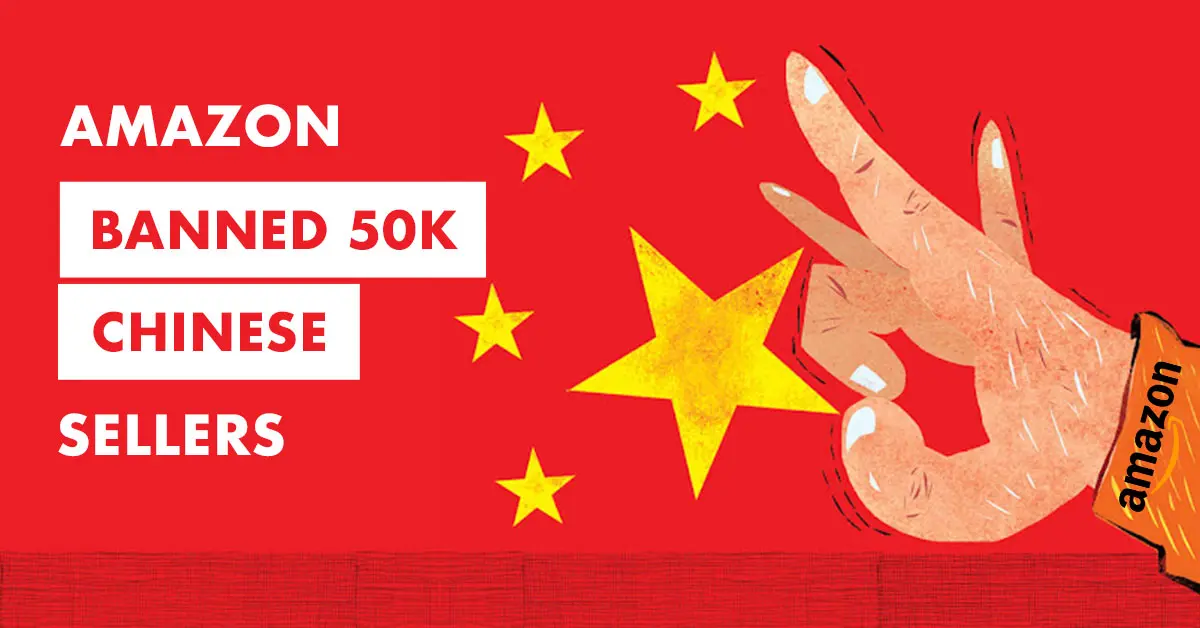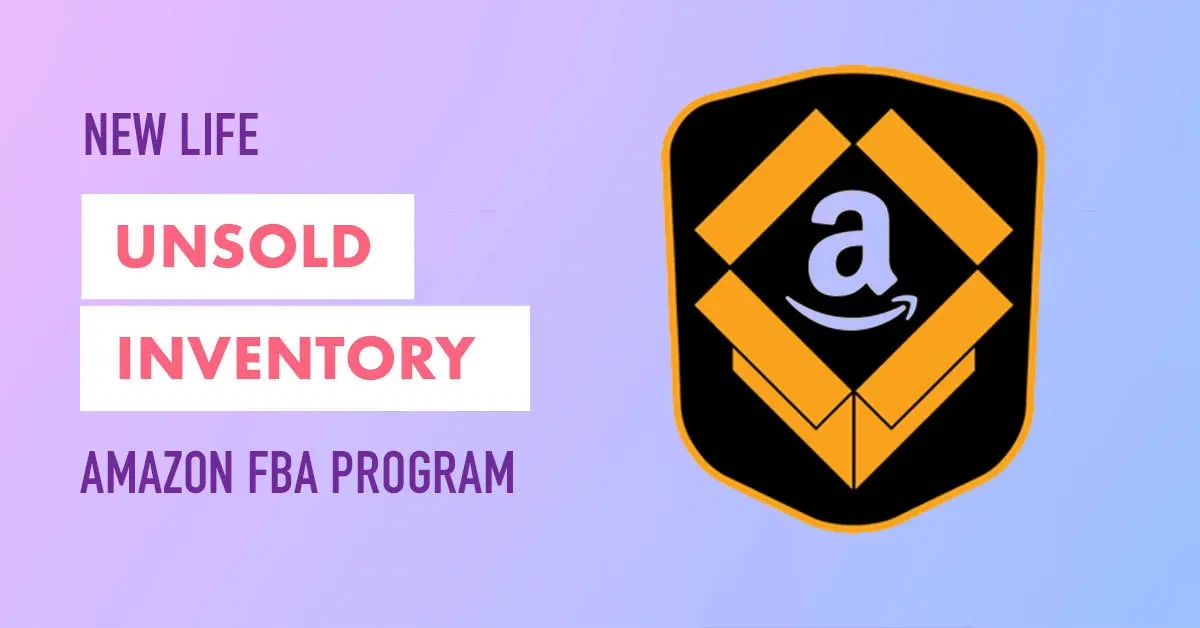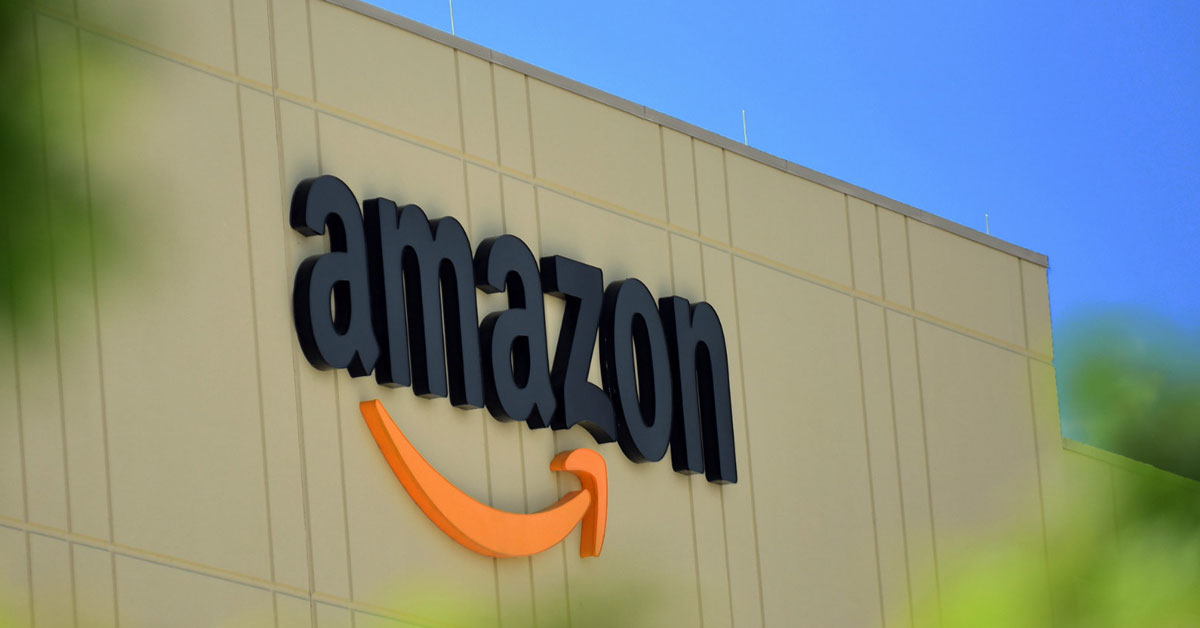A cheaper alternative to patent lawsuits
The program will match a seller claiming infringement and the accused merchant with a neutral, third-party lawyer.
According to engadget.com, the company is testing a program to help fight utility patent infringements. It’s meant to be a cheaper, faster alternative to traditional patent lawsuits, which can cost hundreds of thousands of dollars and take years to settle.
For a $4,000 deposit, the program will match a seller claiming infringement and the accused merchant with a neutral, third-party lawyer. If the accused party doesn’t respond to claims that it violated the seller’s utility patent — which details how a product is used — the product will be removed from Amazon, and the seller will get their $4,000 back. If the accused merchant wants to argue that it should be allowed to keep selling the product on Amazon, it will also have to make a $4,000 deposit. The lawyer makes a decision and collects $4,000 from whichever side loses. The winner will get their deposit back, and according to an Amazon spokesperson, the company doesn’t take a cut from anyone for going through its “Utility Patent Neutral Evaluation” process.
More Amazon news

Amazon continues to ban Chinese sellers
50000 Chinese seller accounts have disappeared from Amazon More than 50000 Chinese seller accounts have been banned on Amazon due to pay-for-praise and other policy violations In May Amazon shuttered some of its largest sellers from China over violations of platform...

New Amazon “FBA Liquidations” and “FBA Grade and Resell” programs
New Amazon FBA programs give unsold inventory new life Amazon has introduced “FBA Liquidations” and “FBA Grade and Resell” programs to help merchants resell customer-returned or overstocked items. Once fully implemented, the programs are expected to save more than 300...

5 main reasons shipping costs from China will continue to rise
Logistics problems with "Made in China" products Covid-19 pandemic has led to drastic inflation in shipping costs and delays for goods purchased from China. Let’s go through the main factors that cause this havoc: Severe congestion at largest US ports Online shopping...


